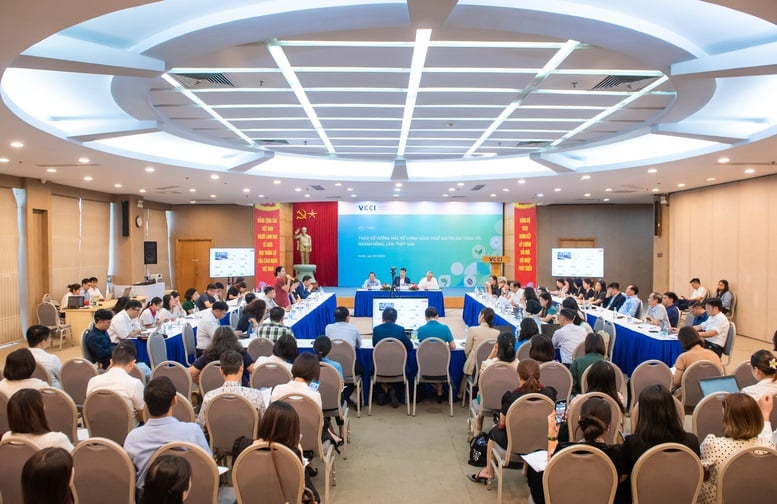
Workshop "Removing obstacles in value-added tax (VAT) policy for the agriculture, forestry and fishery sectors" - Photo: VGP/HT
Listening to business opinions
On October 9 in Hanoi, the Vietnam Federation of Commerce and Industry (VCCI) coordinated with 8 industry associations in the agricultural sector to organize a workshop on "Removing obstacles in value-added tax (VAT) policies for the agricultural, forestry and fishery sectors".
In his opening speech, Mr. Dau Anh Tuan - Deputy Secretary General, Head of the Legal Department of VCCI - said that the workshop was held in the context of the VAT Law No. 48/2024/QH15 officially taking effect from July 1, 2025, but the implementation process has encountered many difficulties.
According to Mr. Dau Anh Tuan, new regulations in the law, especially related to determining taxable goods and tax rates applied to agricultural, forestry and fishery products, are causing confusion for both businesses and management agencies.
"A multi-dimensional dialogue forum helps management agencies listen, businesses share and experts propose appropriate adjustments, ensuring fair, stable and transparent tax policies," said Mr. Dau Anh Tuan.
Businesses worry about inadequacies in tax imposition
Industry associations have reported many difficulties in applying the new Law. These include unclear tax-free objects, the same type of product but subject to two different tax rates; legal risks from input invoices, causing legitimate businesses to be implicated; lack of specific guidance makes tax declaration and refund difficult, causing capital stagnation.
The Vietnam Timber and Forest Products Association (Viforest) said that the lack of clarification of the concept of "normal pre-processed wood" has caused businesses to delay VAT refunds, causing thousands of billions of VND to be backlogged.
The Vietnam Food Association (VFA) stated that changing rice from tax-free to 5% tax-subject forced businesses to advance large amounts of capital, affecting rice purchases and export progress.
The Vietnam Animal Feed Association also pointed out the paradox: domestic raw materials are subject to a 5% tax while imported materials are subject to a 0% tax, causing the cost of domestic products to increase and reducing competitiveness.
A representative of the Vietnam Association of Seafood Exporters and Producers (VASEP) said that businesses find it difficult to buy raw materials from small-scale farmers due to the lack of electronic invoices, while regulations require valid lists to be deducted from taxes.
Mr. Thai Nhu Hiep, Vice President of the Vietnam Coffee and Cocoa Association, warned that if a 5% VAT tax is applied to green coffee beans, businesses will have to pay about 375 million USD (nearly 10,000 billion VND) in advance, reducing the competitiveness of Vietnamese coffee in the international market....
Experts say it is necessary to soon have a quantitative assessment of damage and benefits to perfect the policy.
Dr. Nguyen Minh Thao ( Ministry of Finance ) requested that associations provide specific data to help VCCI recommend more effective policies.

Mr. Tran Quoc Khanh - Standing member of the Prime Minister's Policy Advisory Council, Former Deputy Minister of Industry and Trade - Photo: VGP/HT
Mr. Tran Quoc Khanh - Standing member of the Prime Minister's Policy Advisory Council, former Deputy Minister of Industry and Trade - acknowledged that the new VAT Law has many progressive points, but also has unreasonable implementation. He proposed that it is necessary to review and adjust in a timely manner to support businesses, contributing to achieving the export and economic growth target in 2025.
The associations unanimously proposed two key groups of solutions. That is, adjusting the VAT policy, bringing unprocessed agricultural, forestry and fishery products (including raw materials for animal feed production) into the category of products that do not have to be declared or taxed, as stipulated in Decree 209/2013/ND-CP before.
At the same time, simplify and shorten the tax refund process, issue unified instructions nationwide to avoid "each place has its own way".
VCCI affirmed that it will fully synthesize the opinions at the workshop and send them to the Government, the Ministry of Finance and relevant agencies, in order to create reasonable, transparent and timely policy mechanisms, helping businesses feel secure in production - farmers feel secure in farming - and the State still ensures a sustainable source of revenue.
Mr. Minh
Source: https://baochinhphu.vn/dieu-chinh-chinh-sach-thue-hop-ly-de-nong-thuy-san-duy-tri-nang-luc-canh-tranh-102251009173338685.htm




![[Photo] Worshiping the Tuyet Son statue - a nearly 400-year-old treasure at Keo Pagoda](/_next/image?url=https%3A%2F%2Fvphoto.vietnam.vn%2Fthumb%2F1200x675%2Fvietnam%2Fresource%2FIMAGE%2F2025%2F12%2F02%2F1764679323086_ndo_br_tempimageomw0hi-4884-jpg.webp&w=3840&q=75)


![[Photo] Parade to celebrate the 50th anniversary of Laos' National Day](/_next/image?url=https%3A%2F%2Fvphoto.vietnam.vn%2Fthumb%2F1200x675%2Fvietnam%2Fresource%2FIMAGE%2F2025%2F12%2F02%2F1764691918289_ndo_br_0-jpg.webp&w=3840&q=75)
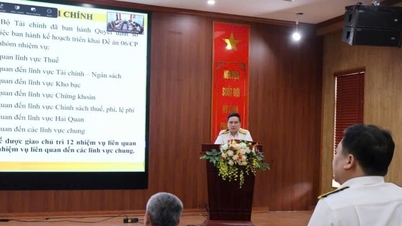


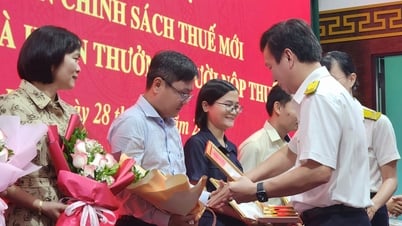

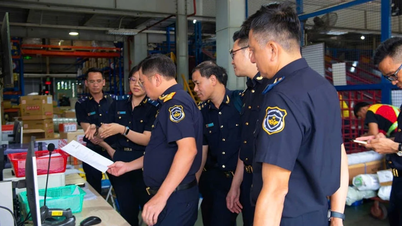

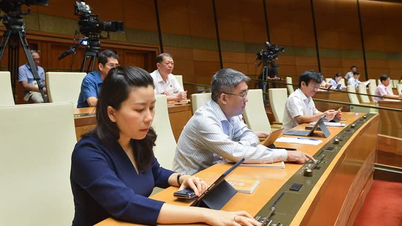

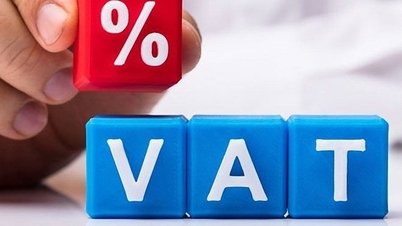



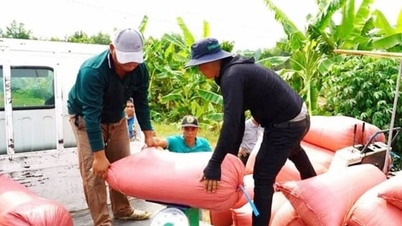


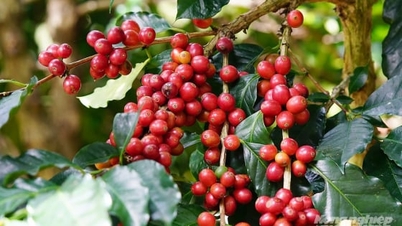





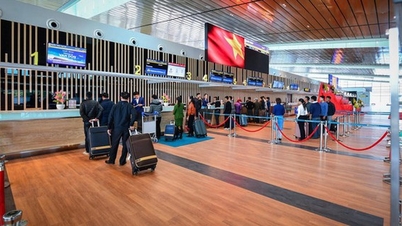
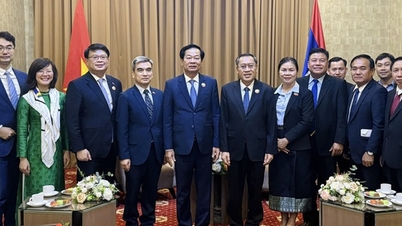

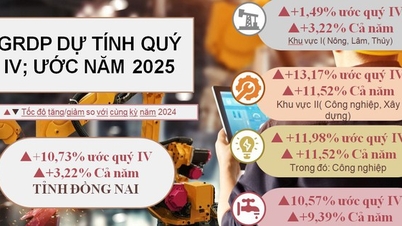
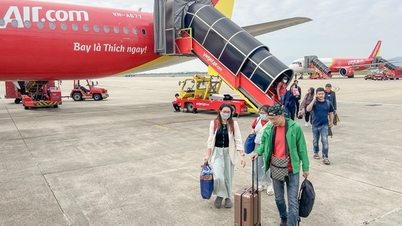






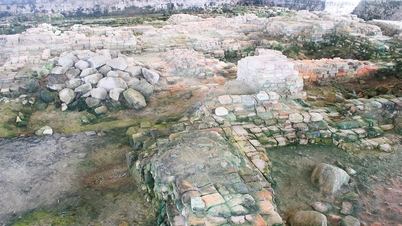



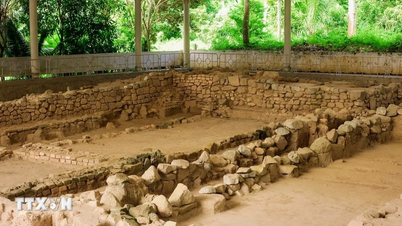

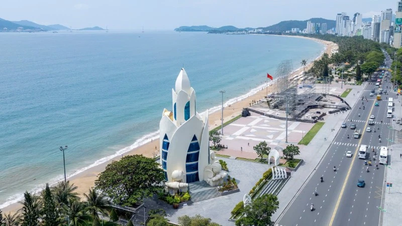



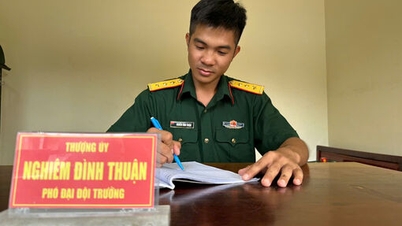

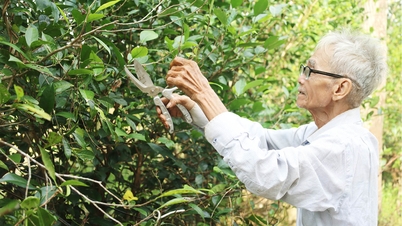
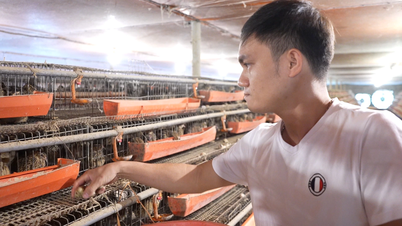



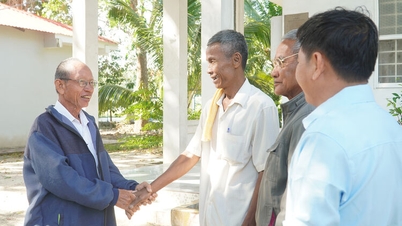
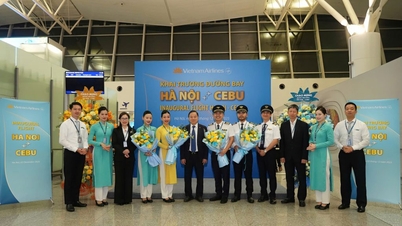






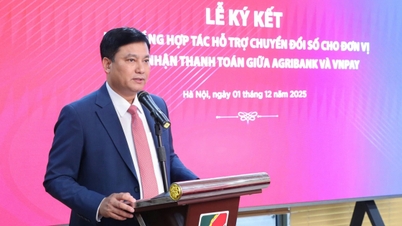










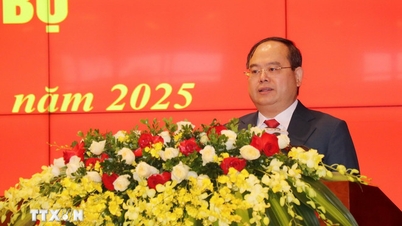
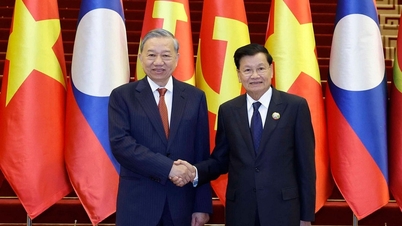

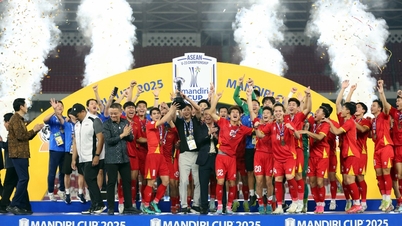


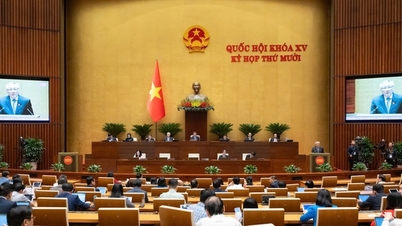


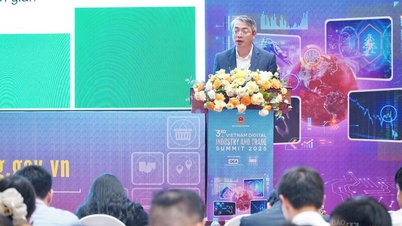



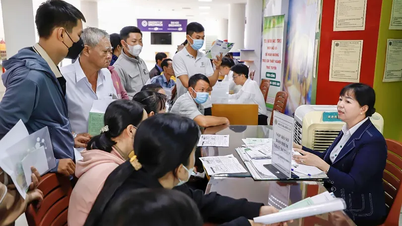



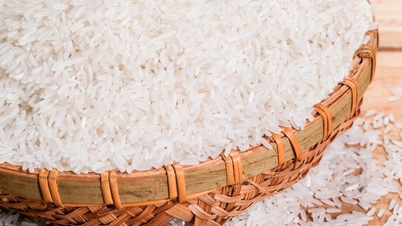
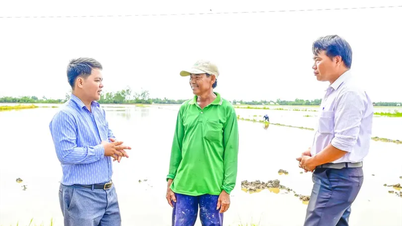
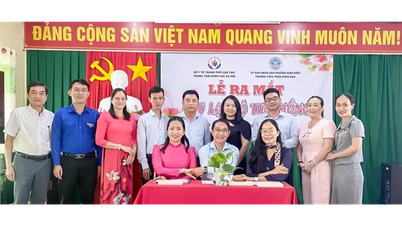
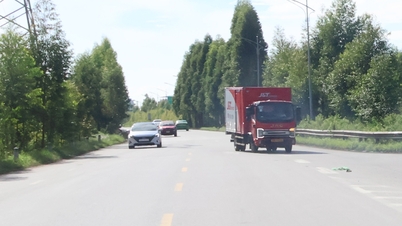











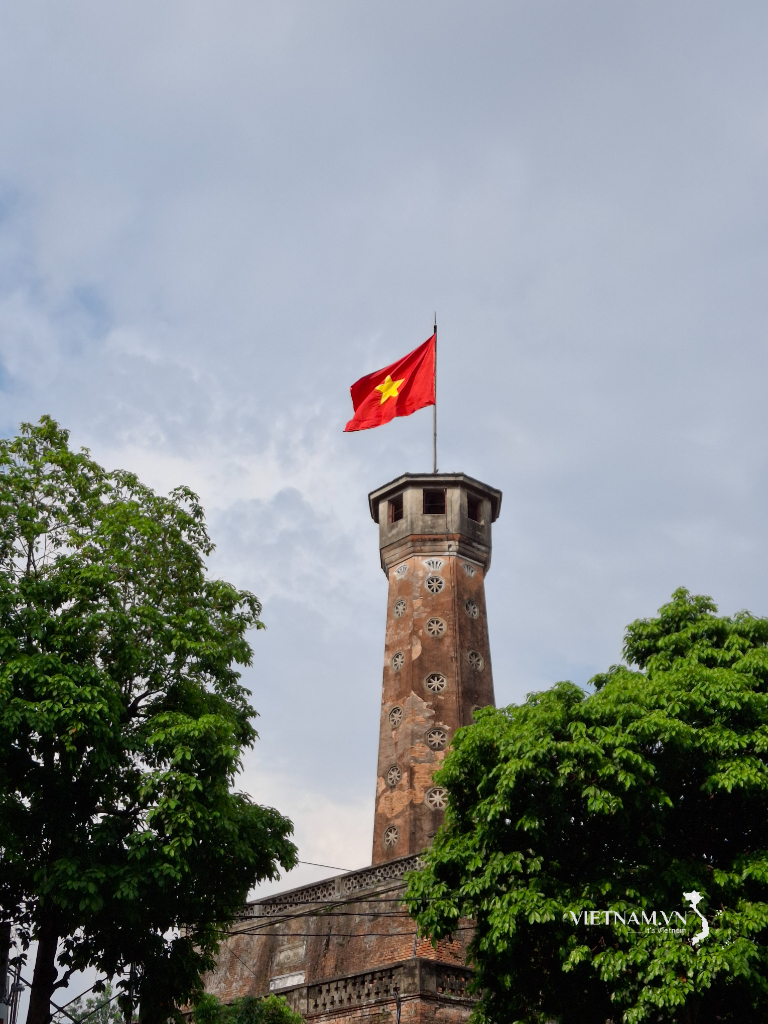

Comment (0)